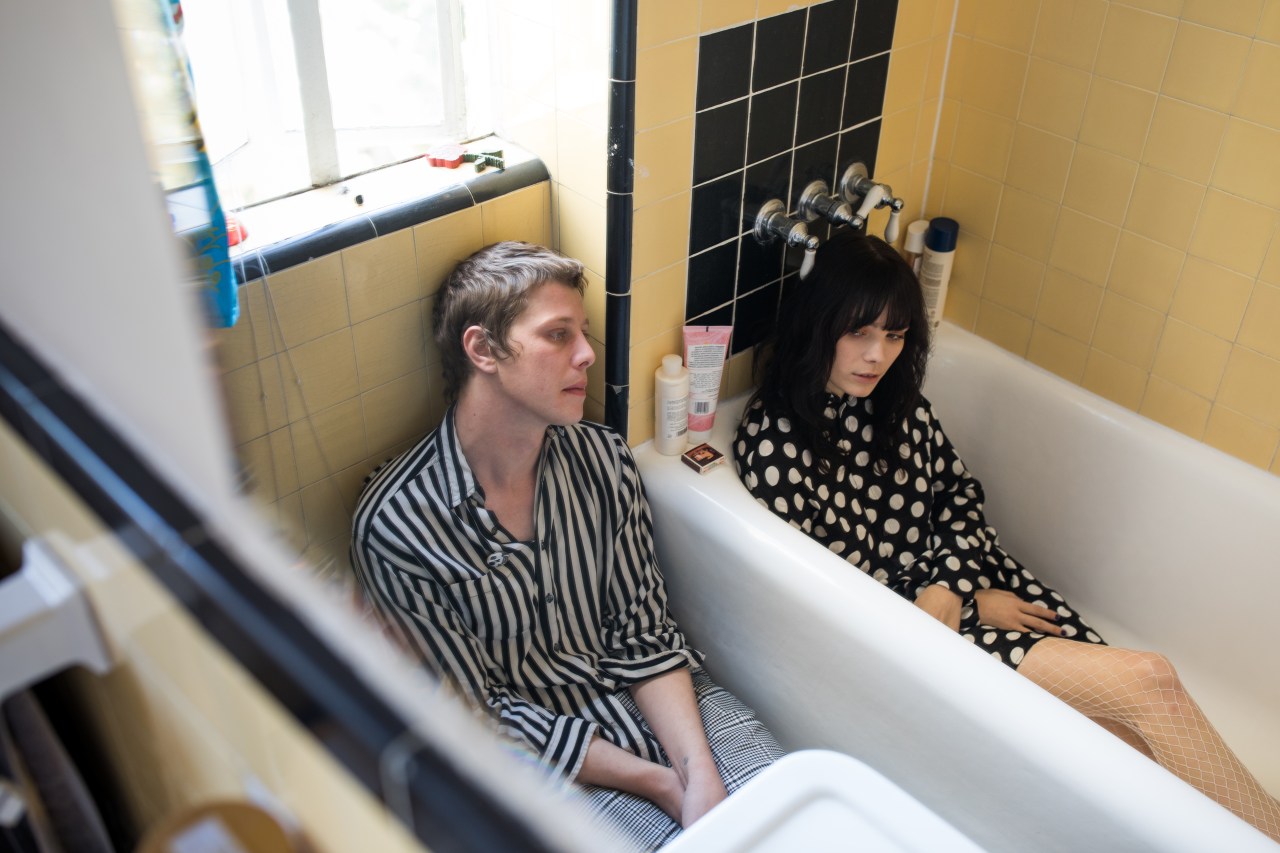
This Is The Difference Between Being In Love And Filling A Void
Are you really in love? Or are you simply filling a void? What’s the difference?
Let’s talk about it.
Emotional fulfillment.
When you are genuinely in love, you have a deep connection with the person you’re with. The two of you have a strong bond of affection, care, trust, comfort, and a safe space to be vulnerable. There’s a supportive environment for one another to grow, feel joy, and feel a sense of purpose. You feel calm when you’re with one another. At peace, finally.
When you’re filling a void, there’s a lack of self-worth. There’s some kind of emotional emptiness in you and/or your partner and a desire to alleviate feelings of loneliness and insecurity. You become dependent on one another to feel good. Emotions might even fluctuate — one moment you’re happy, and the next, anxious and on edge. You’re relying on your partner’s presence to make you happy and fulfilled — and that temporary relief or distraction does not address the underlying emotional issues. It’s not genuine love, but an attachment to someone who is filling an emotional void.
Motivation.
Real love is selfless. There’s no motivation or games. It’s all about mutual support and a desire to put your partner’s happiness and needs before your own. It’s about genuine care for the other person, no matter what.
When you’re filling a void, there’s motivation behind the connection. It’s a desire for companionship as a means of validation. I’m not as lonely as I think. It’s also a distraction from our own emotional pain and stems from a fear of “being alone forever” and feeling lonely. You’re afraid to linger in any emotional state that overall makes you uncomfortable, like heartache or sadness, so you go into a relationship (even if it’s a bad one) as a distraction.
Longevity.
When you’re in a relationship merely to fill a void, it’s a temporary solution. Once the initial distraction wears off, the underlying emotional emptiness may resurface. You start to notice the traits and red flags you ignored. You recognize that you don’t have that much in common and don’t have shared ideas for the future.
Real love grows, deepens, and evolves over time. It involves commitment, trust, patience, and a willingness to work through problems together. And when these things come into play — all of life’s burdens and fights — the love lasts forever.

